Last week, shares of Nanoco, a British firm specializing in quantum dot technology, sank nearly 80% on news that a major U.S. customer canceled a project tied to a lucrative supply contract. Reports now claim the unnamed client was Apple.
Without citing sources, The Telegraph reports Apple contracted Nanoco to develop quantum dot (QD) technology for a next-generation iPhone image sensor.
The Manchester-based Nanoco is a specialist in the field of cadmium-free QDs, which are typically used to enhance the picture quality of large-format screens like high-definition televisions. Applied to an iPhone's camera, QDs could theoretically enhance image quality and assist in the rollout of advanced augmented reality features.
QDs are technically nanocrystals made from various semiconductor materials that exhibit special quantum mechanical characteristics. Of interest to display makers, as well as other industries in the optics field, are QDs' light-emitting properties. Specifically, the material can be "tuned," or manufactured, to emit very narrow spectrums of light.
Currently, commercial QD applications are limited to top-level filters. Used in conventional hardware like LED-backlit LCD panels, the dots enable more accurate and efficient representation of certain base colors.
Apple has been actively investigating quantum dot applications since at least 2013, with a recent patent filing outlining a "hybrid" OLED and QD LED display, though the technology has yet to make its way into a shipping device.
Nanoco in 2018 announced a partnership with a "large, undisclosed U.S. listed corporation" and in January said it extended the contract to cover stress testing and refinements. According to the report, the agreement was worth 17.1 million pounds ($21.7 million) — more than half of Nanoco's revenue — to be paid out over two years, a sum that would allow the firm to expand production facilities in Cheshire.
Last Friday, Nanoco said the U.S. client had canceled the project, triggering a market exodus that saw the company's value plummet from 93 million pounds to 24 million pounds.
Lending credence to the report, market research firm BlueFin Research last week claimed Apple discontinued development of QD image sensors, saying the company found the technology too expensive to mass produce. Instead of QD technology, the iPhone maker is believed to be working on a rear-facing 3D laser mapping system similar to TrueDepth, though the solution is unlikely to debut until 2020 at the earliest.
 Mikey Campbell
Mikey Campbell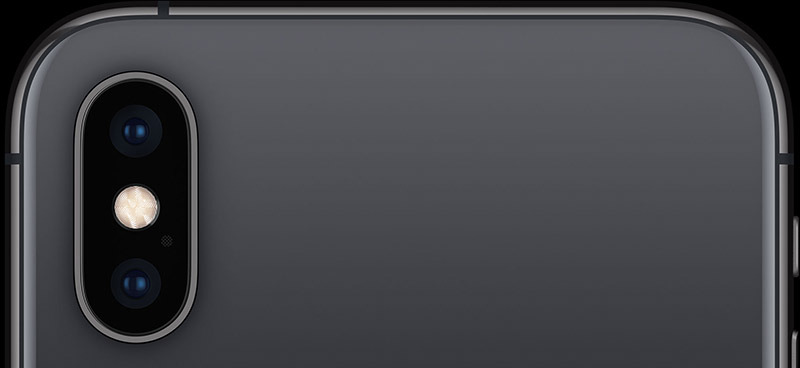

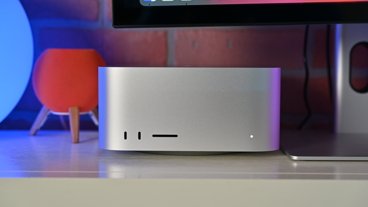





-m.jpg)






 Christine McKee
Christine McKee
 Malcolm Owen
Malcolm Owen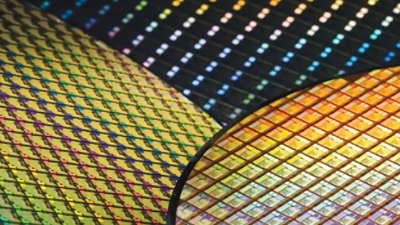
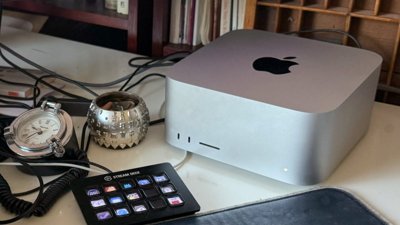
 William Gallagher
William Gallagher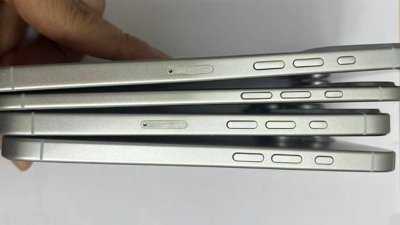



 Wesley Hilliard
Wesley Hilliard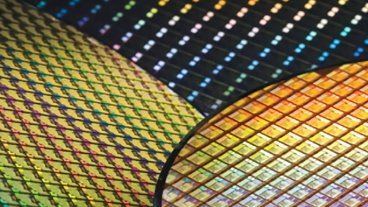
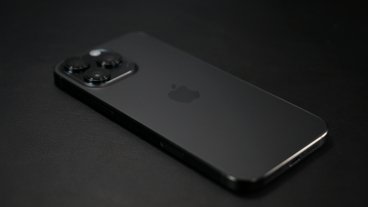


-m.jpg)




18 Comments
Quantum dots, carbon nanotubes, graphene...fascinating materials science with nearly impossible materials engineering (at scale and cost for consumer goods). I hope Nanoco pulls through and finds another market/customer.
The density of states of an ideal quantum dot is a Dirac delta function so the energy/frequency of its states are exact.
Brings make memories of the GT ADVANCED (GTAT) Sapphire turmoil.